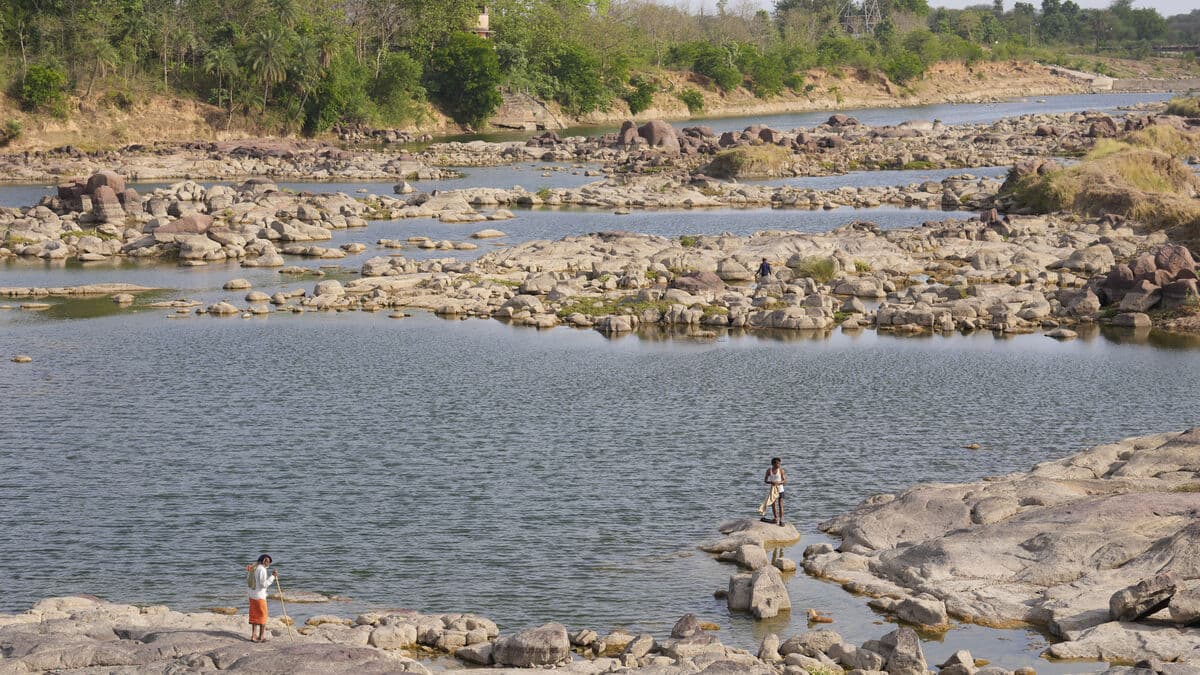Early in October, a lab test confirmed what many had feared. The medicine that the Indian children had drunk contained high levels of diethylene glycol, an industrial solvent that is toxic to humans.
The children in Madhya Pradesh had all been coughing and had a fever when they took the medicine. Thereafter, the symptoms came quickly: vomiting and difficulty emptying the bladder. On September 2, the first deaths were reported.
The majority of the 20 or so children who have died so far were under the age of five.
I have prescribed this cough medicine for 15 years, says a doctor in Madhya Pradesh who is now arrested.
The medicine in question, and two more, have according to Reuters now been banned. It was produced by a pharmaceutical company in Tamil Nadu in southern India, whose owner has been arrested.
Overprescription
This is not the first time Indian cough medicine has claimed lives. Since 2022, toxins found in Indian-made cough medicine have killed at least 140 children in Gambia, Uzbekistan, and Cameroon. Previously, between 2019 and 2020, at least twelve children under the age of five died in Indian Kashmir, reports BBC.
The deaths have tarnished the image of India as one of the world's leading pharmaceutical producers. On Wednesday, the World Health Organization (WHO) stated that India has gaps in the regulations regarding testing of cough medicine. According to WHO – which advises against all cough medicine for small children – none of the implicated medicines have been exported to other countries.
The children's death can also be linked to the overprescription of cough medicine in India, writes BBC.
Used in brake fluid
A fragile healthcare system in combination with widespread air pollution means that clinics – not least in poorer areas – all too easily prescribe cough medicine that actually does very little good.
Many poor patients turn to local pharmacists for advice, believing that the person behind the counter is a pharmacist. In nine out of ten cases in rural India, it is a mistaken assumption, says Dinesh Thakur, former pharmaceutical chief and now public health expert, to BBC.
Diethylene glycol is not allowed in either food or medicine, but is used, among other things, in refrigeration, hydraulic, and brake fluid. The poison can even in small amounts lead to death through kidney failure.
Diethylene glycol has similar properties to the non-toxic sister compound glycerin, which is used as a thickening agent in medicines, hygiene products, and certain foods – but costs a third as much.






